Paddler, Know Thyself
Newcomers to paddling learn to closely watch the snow pack, the rainfall and temperatures, and gradually become aware of a river’s moods. At first this knowledge is purely in terms of your favorite spots — you know you can surf a particular wave when the water gets to a certain level, or a certain rapid fills in and some great move develops. Over time, your knowledge expands into hundreds of such details. Knowing each river’s quirks and gestures makes them feel like old friends. Pulled along by your passion, you begin to understand a river’s personality. Turned around, rivers can be used as a mirror to know oneself.
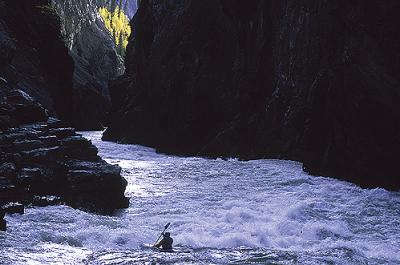
What you seek in kayaking reflects who you are. You may love freestyle moves or surfing, steep creeking, or cruising. When I ask people what they get from kayaking, they mention traveling, friendship, and beautiful places. The young men usually say it’s a blast, awesome, and challenging. The young women often stress that they’ve found confidence, overcome fear, and become physically strong.
All those are important, but I’m going to propose a few other things that I’ve found valuable to think about. My kayaking has run the gamut of playing, first descents, competition, expeditions, and solos. Throughout most of my career, it also has been nestled within my roles as a professional scientific editor, a father of five, husband, and running a business with a lot of employees. Because I’ve had to balance those different worlds over the years, I’m a strong believer that each of us should regularly examine our lives as time goes on. I believe that knowing ourselves, our weaknesses and strengths, is the first step toward wisdom.
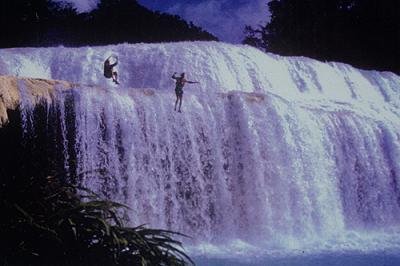
It’s both a simple fact and a profound truth that the fun of kayaking comes in part from the potential danger of the river. You have to deal with real consequences. If there were no consequences to our actions and you didn’t have to worry about getting thrashed or worse, then it wouldn’t mean as much to you. Things can get ugly in Class III; you don’t need to be in Class V to have a really bad experience. So the first question I ask about knowing oneself is, where does the danger fit into your life?
The nature of moving water and rivers underscores every decision you make. A river is the physical flow of time, and nowhere else can you see so clearly how one decision sweeps into another. An early lesson the river teaches is that you have to be engaged at every moment because even a small lapse can snowball quickly into a huge problem. That’s where the excitement comes from — the interplay between your skills and the river’s complexity and power. When the ante is raised, anxiety and even fear may enter in. Then you get satisfaction from making a hard move or making the line, just right, in a big rapid — or any rapid that is challenging to you. Of course, danger has other much nastier sides and the key is finding the balance.
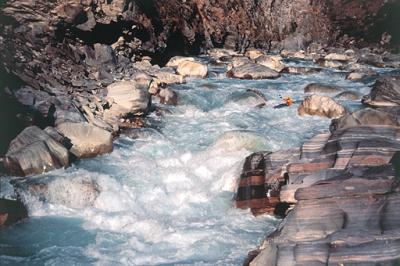
For those people who paddle difficult whitewater, a second related question I ask about knowing yourself is, what are the things you get from the sport that balance the danger? Let me be blunt: is your fun enough to die for? I think not, but some people act as if it is. Realistically, the more time we spend on something and especially the more potential danger it carries, the better our reasons should be for doing it.
As fantastic and as exciting as paddling is, since those extra consequences are right there, you need to consider your river choices not only as a paddler, but as a father or son, as a mother, daughter, or friend. The bigger the consequences, the better the reasons should be.
One good answer many people have is that they take the enthusiasm they have for the river and apply it to the other things they do. The river charges them up, eases their frustrations, and makes them better people. That infectious good will and passion are worth their weight in gold.
Another answer is mindfulness. You can’t paddle something even halfway difficult and not be forced to pay close attention to the subtleties of the features and current. A single experience of being completely focused on the moment will remain with you, vividly and convincingly, for your whole life. Use your mindfulness on the river as an inspiration for what you can do when fully engaged.
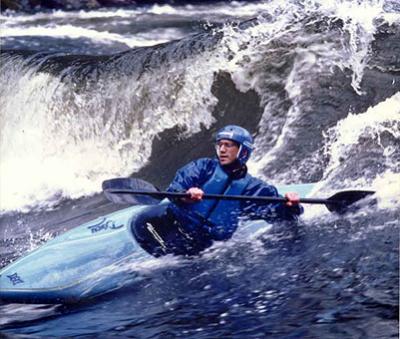
A final issue is perspective. As intense and meaningful as paddling may be at times, no matter how far you push your skills, the hardest things you’ll ever do won’t be on the river. I’ve pushed myself very, very hard in kayaking. I’ve done a lot of first descents in the U.S. and overseas expeditions, soloed a number of top end runs, done 8,500 vertical feet of class V in a day, run rapids that nobody else would touch, gotten badly injured several times, and utterly thrashed on exploratory trips that turned out to be fiascos.
But the hardest things I’ve ever done didn’t take place on the water. They were being a parent, having a job, raising five children, being a good husband, and taking care of my father when he was dying. They were dealing with the suicides of my best friend and of my younger brother, who left his own five young children with a hole in their lives that I could never fill. Those are the hardest things I’ve ever done.
I love kayaking because it’s the most fun, challenging, and wildest sport I’ve ever found. I believe that when we learn to live with and become intimate with the huge forces that sculpt the world, we have the possibility of knowing parts of ourselves that are accessible in no other way. Adventure is the philosophy, insight is the goal. Outward journeys should always lead to even more profound inward journeys.
What to do in Montana? Get into the whitewater!
Here’s Doug’s list of resources for Montana’s places for rafts and kayaks, as well as commercial rafting and kayaking-instruction companies:
Trailhead (Missoula) – kayaking retail gear - 221 E. Front Street, (406) 543-6966
Strongwater (Missoula) – they just spun off from “Edge of the World”, but have become the major retailer in Western Montana. 614 South Higgins Avenue, (406) 721-2437
Base Camp (Helena and Billings)
Bob Ward’s (Missoula and several other locations) They are not a whitewater kayaking retailer, but carry rafts and some simple fishing kayaks
Silver Moon kayaking (Whitefish – they are primarily touring kayaks)
Montana kayaking outfitters:
Big Horn Wilderness Equipment
206 5th Street South, Great Falls, (406) 453-2841
Northern Lights Trading Company
1716 W. Babcock, Bozeman, (406) 586-2225
Silver Moon Kayak Company
1215 N. Somers Road, Kalispell, (403xxxxx) 752-3794
Sportsman & Ski Haus
40 East Idaho, Kalispell, (406) 755-6484
Sunshine Sports
304 Moore Lane, Billings, (406) 252-3724
Additional kayaking schools and rafting companies:
Tarkio Kayak Adventures – this is one of the best kayaking instructing schools in the country (it’s located out of Missoula). Offers kayaking tours and lessons.
Lewis and Clark River Expeditions (Missoula) – They do a variety of things, mostly rafting, but also riverboarding and some kayaking instruction.
10,000 Waves - Offers kayak and rafting tours.
Flying Pig Rafting - offers tours and lessons.
H2Obsession - Bozeman kayak school and area information site.
Missouri River Canoe Company
Glacier Rafting (West Glacier, MT)
Montana Whitewater - Offers rafting, kayaking and canoeing near Yellowstone National Park on Gallatin and Yellowstone Rivers.
~ Doug Ammons, a Montana native who lives in Missoula, has been a world-class kayaker for over 25 years. His book, The Laugh of the Water Nymph, was voted one of the best outdoor books of 2005 by the National Outdoor Book Awards. His second book, Whitewater Philosophy, was acclaimed by the Wall Street Journal as “one of the five best outdoor adventure books of all time.” His next book is the story of his epic run in the Grand Canyon of the Stikine. Doug has done seven TV documentaries of expeditions, four of which won Emmy Awards. Last year he co-wrote and produced the film Wildwater, which won top awards in both adventure and art film festivals world-wide for its impressive cinematography, editing, and story. He is well known for his poetic, philosophical, and insightful views of adventure sports and where they fit into
our lives. Learn more at www.dougammons.com.
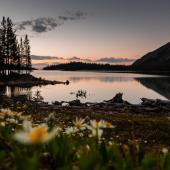
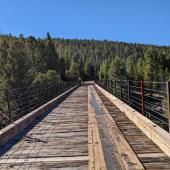
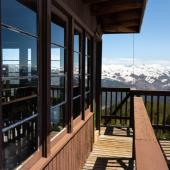
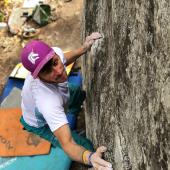
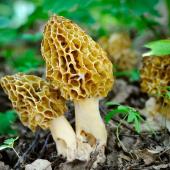
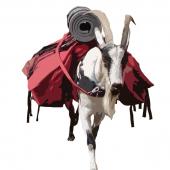
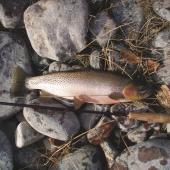
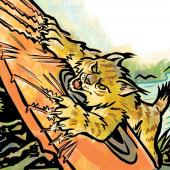
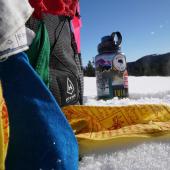
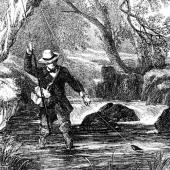
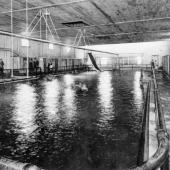
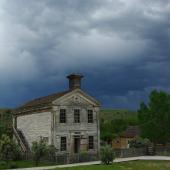
Leave a Comment Here